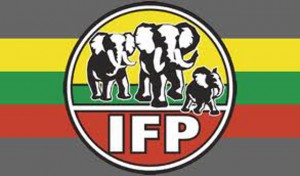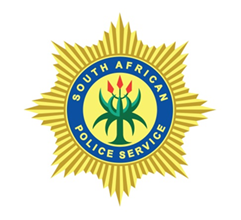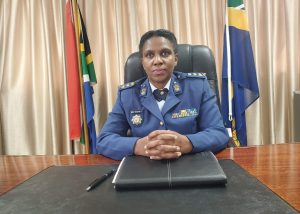The peaceful passing of Ms Nadine Gordimer on Sunday has given us pause to
think of the many bright lights in the creative field of South Africa who
used their talents to point out the need for social change and to push for
political freedom. Ms Gordimer was foremost among them, and was recognised
in her own lifetime as a remarkably gifted writer.
I had the honour of knowing Ms Gordimer, through our mutual friends, Mr Alan
Paton and Dr Kesaveloo Goonam, both significant voices of the liberation
struggle. I admired her writing and the ability she had to express the
painful effects of apartheid on a variety of people. She was able to see
life through many different lenses, and portray it in a way that helped us
understand too.
She never left South Africa, and she chose to become active in politics, not
merely to write about it. I recall her accompanying Mr Nelson Mandela to the
conflict-torn Thokoza in December 1990, just minutes after I visited the
community myself. I was still waiting to meet with Mr Mandela after his
release, so that we could pursue reconciliation between our supporters.
It was painful, when the UDF emerged, that Ms Gordimer bought into the
anti-Inkatha propaganda. But I respected the fact that she was willing to
take sides, and willing to take a stand for her beliefs and her country.
I recall an interview she gave in 2010 at the Hay Festival in Wales, where
she mentioned her regret at having lived her life in Africa without learning
an African language. While she wrote in English, Ms Gordimer’s words defied
language, for they spoke to the heart of a nation suffering together in a
divided country.
With Ms Gordimer’s passing, the world has lost a great writer. But South
Africa mourns the loss of a champion.









